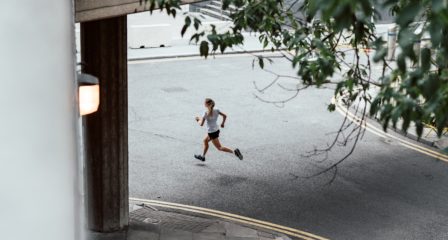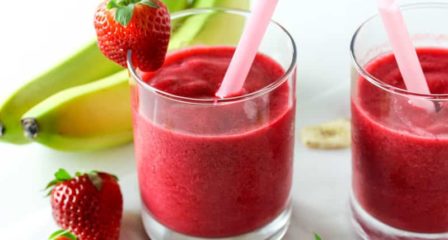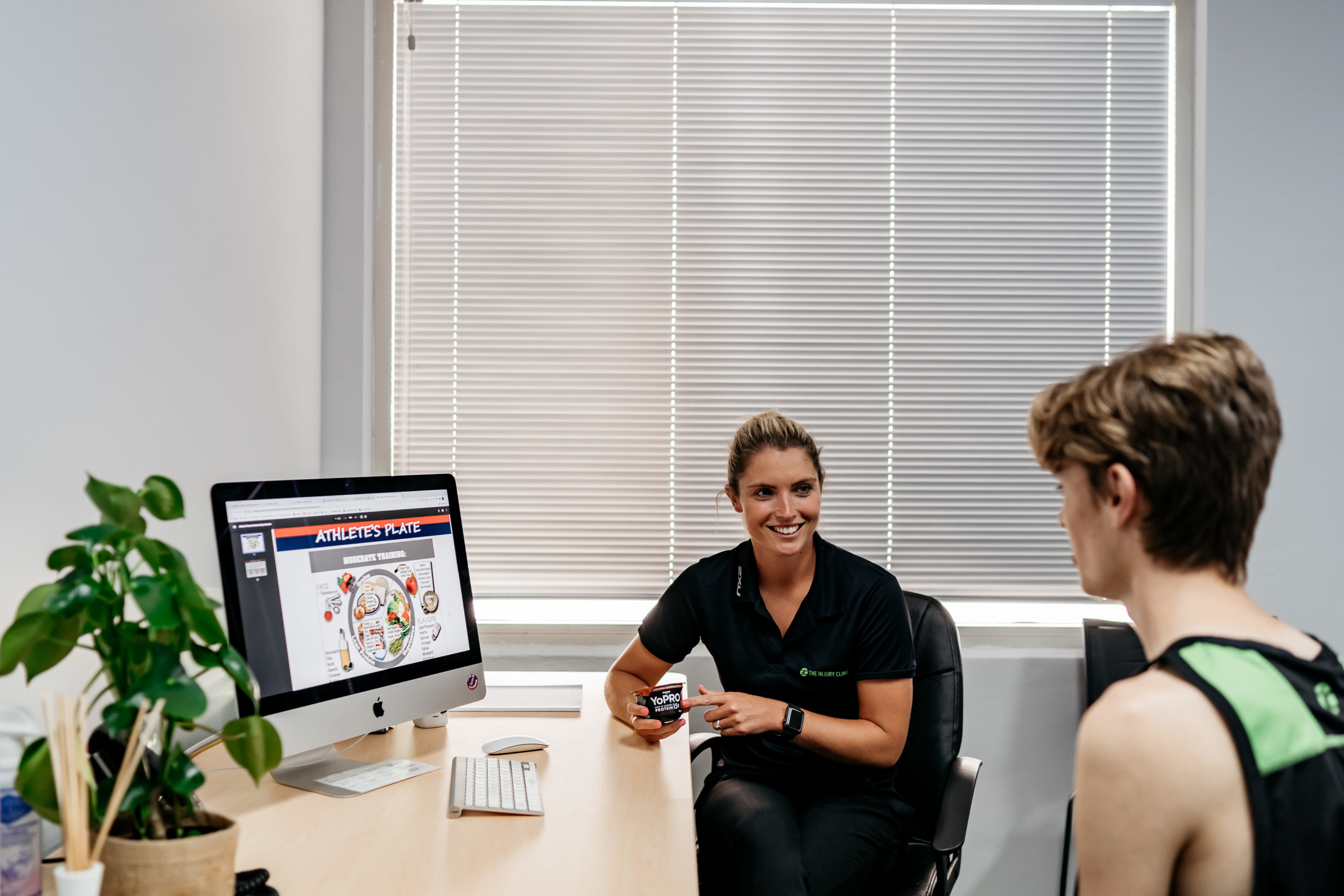
SPORTS DIETETICS AND NUTRITION
GEELONG
You don’t need to be an athlete to see a Sports Dietitian!
If you are active and want to improve your nutrition for your general health and wellbeing in addition to supporting your performance and recovery, a Sports Dietitian can help you.
An Accredited Sports Dietitian provides accurate nutrition information and advice, based on scientific evidence to all active individuals. Their role is to maximise performance through nutrition by providing practical strategies, as well as support to athletes and active individuals regarding their nutrition intake. Sports nutrition isn’t only for elite athletes, but the everyday active individual as well.
Our Accredited Sports Dietitians can cater for the person who is working full time and training for a marathon or an Iron Man, the mum who is trying to fit in training between dropping kids to school and working as well, or the student trying to juggle staying active with study and working part time.
They can work with you to develop strategies regarding timing of food and fluids, integrate supplement policies and protocols, and manage body composition to help athletes enhance performance and minimise injury risk.
Who could benefit from seeing a Sports Dietitian?
-Athletes (of all ability levels; weekend warriors to elite athletes)
-Active adolescents
-Individuals training for a specific event or competition
-Active adults who train regularly and have a busy life schedule
-Individuals with a busy training schedule


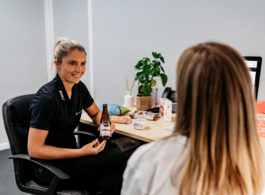
SPORTS NUTRITION AT THE INJURY CLINIC WILL INCLUDE:
- A detailed assessment of your current dietary intake including meal patterns, timing, likes and dislikes, habits
- An assessment of medical history and current lifestyle
- Discussions regarding your current short and long term goals
- Discussions regarding your current training regime
- Recommended changes to help you achieve your goals and provide you with the knowledge to improve your overall health and wellbeing
- Practical advice to help you implement changes into your daily routine
SPORTS NUTRITION AT THE INJURY CLINIC MAY INCLUDE:
- A detailed personalised nutrition plan*
- Body composition and anthropometric testing
*A personalised nutrition plan may also be included at an additional cost to the consultation as some clients may not require a plan.
THE ROLE OF AN ACCREDITED SPORTS DIETITIAN CAN INCLUDE:
- Anthropometric testing and body composition manipulation
- Providing individual nutrition plans for athletes that are performance focused
- Implementing a supplements regime or developing supplement protocols
- Match/event/race day nutrition plans to help athletes with food and fluid timing
- Travel nutrition planning for athletes travelling for events whether it be interstate or overseas
- Fuelling and recovery strategies for every day training
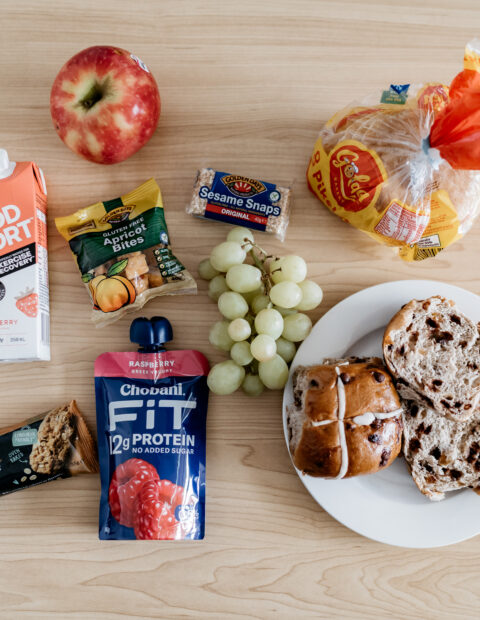
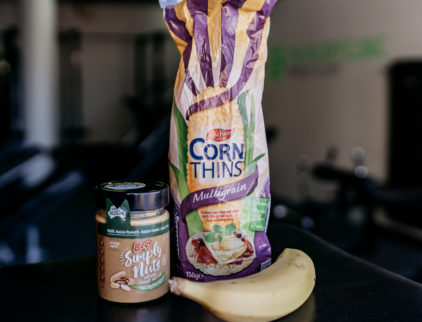
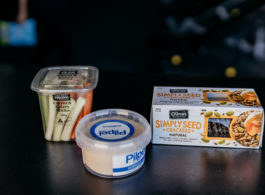
WHAT TO EXPECT…
We aim to give you the education and tools required to help you improve your dietary habits for the long term and improve your overall health and wellbeing. We appreciate every individual is different, there is no one size fits all model when it comes to nutrition. We take an individualised approach to every client and focus on your goals and requirements.
Schedule your next visit
If you’re interested in booking an appointment with one of our team members, contact our clinic today and we’ll be happy to find time for a consultation.
Schedule Consult

